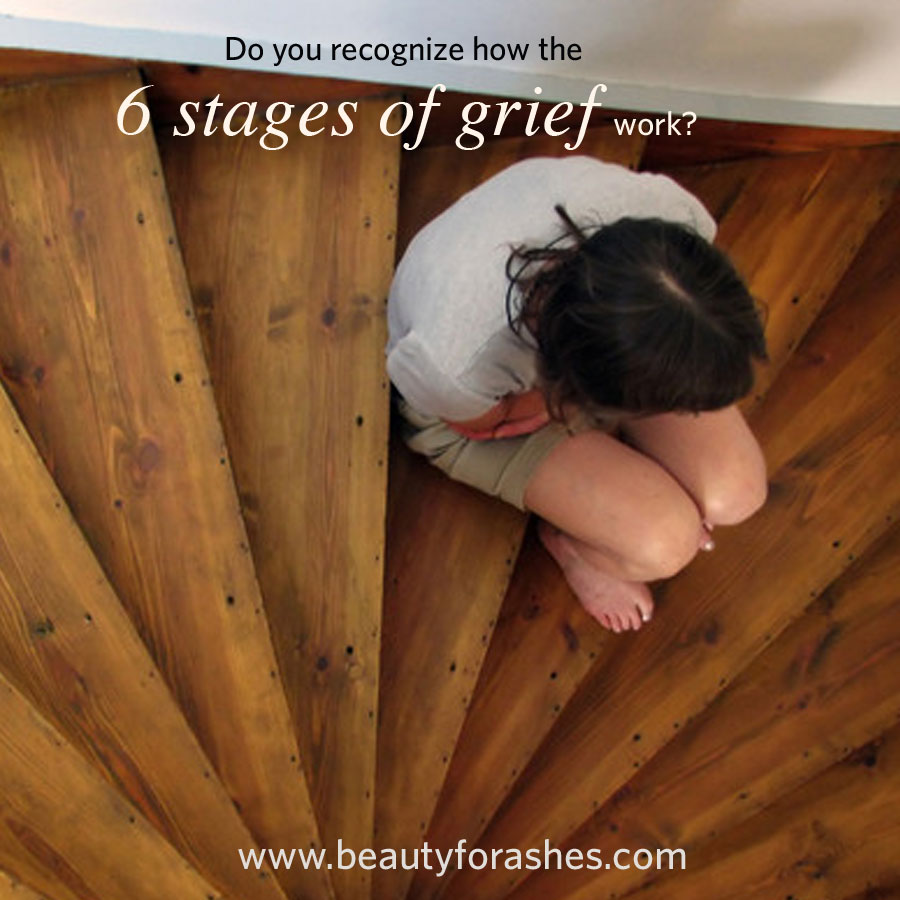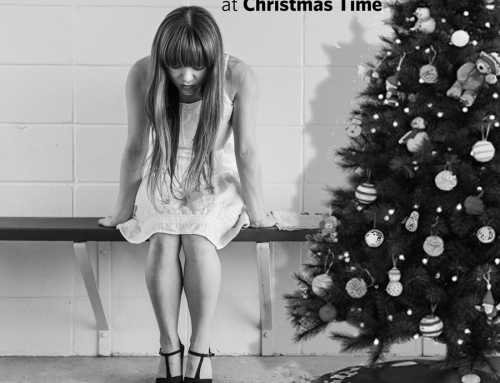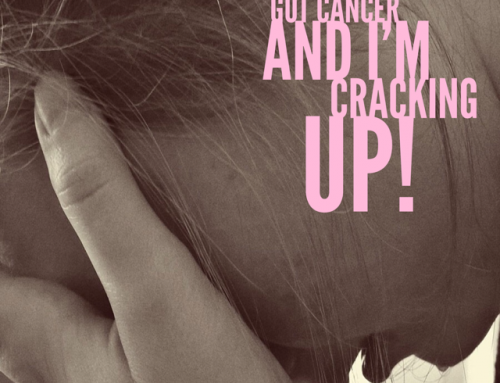What do I need when I’m grieving?
- To know that there is life on the other side of grief
- To know that people will care no matter how I respond
- To know that God is going through the pain with me, that he knows and cares about how I am doing
- To know that God will work this for my good
- To know that my pain is important to my healing
- To connect with community, even when I would rather be alone
Grief has no time limit, no fixed ending, but there is a moment when it feels okay to move on to a new place of being after grief.
I have realized that there is a process of grief at work, which I would define as: a state of mind and heart, a complex mix of emotions through which you slowly come to the acceptance of the loss you have experienced.
Unfortunately, many people hide from their emotions rather than embracing them, and thus never complete the grieving they must do in order to feel fully functional again.
In this place of grief, you do not feel ‘yourself’ and may not act ‘yourself’ for a period of time. This is normal, to this extent, that you understand this as a temporary state.
I like the phases of grief that Wayne E. Oates uses to explain this human condition.
Stage 1: Shock
This is the shocking blow of the loss itself, which causes a feeling of being overwhelmed. You may feel little or no feeling.
Stage 2: Numbing
You can’t feel, can’t respond with the appropriate emotion. You feel cold, even paralyzed.
Stage 3: Struggling
In this phase you struggle between fantasy and reality. You may try to live as life was before the loss. You may have moments of reality, when you struggle to come to terms with the loss.
Stage 4: Breakthrough
The grief comes flooding in to break the fantasy and you feel emotions strongly and deeply.
Stage 5: Memory
You may have waves of grief and memories that come flooding back, even as flashbacks. You may also have feelings of guilt: “I could have done this. I wish I had done it differently,” etc.
Stage 6: Acceptance
Finally, there comes a phase where you accept the loss and come to a new place of being able to move forward with the new reality of life as you now know it.
When does grief become abnormal?
- When you are stuck in grief
- If there is no way to see past the emotions you are experiencing now
- If a reasonable period of time has passed and you are not moving forward
- If you have shut down emotionally
- If you have cut yourself off from loved ones
- If you cannot talk about the grief or the loss
- Or if you have begun to abuse substances
Then, it is time to seek help from a pastor, professional counselor or even a grief support group.
In what way have you recognized grief in your life?









thank you for a free welcome calendar I think is cool, looking forward for the blog
It’s a pleasure, Nomsa! Glad you like it!